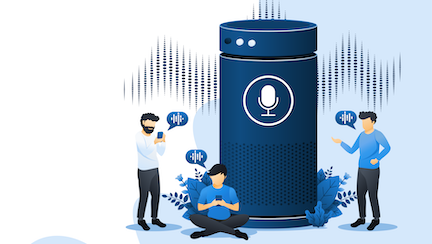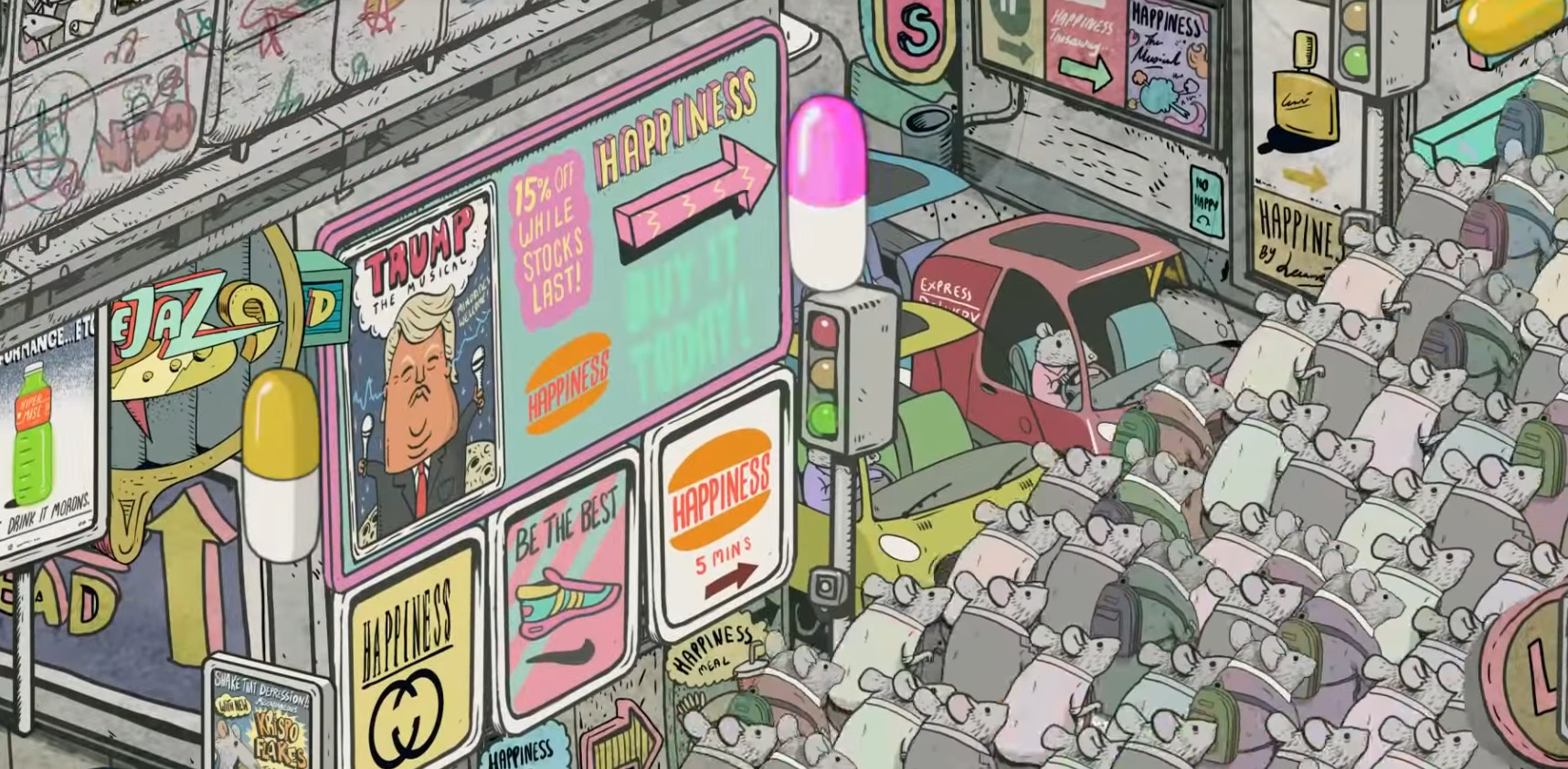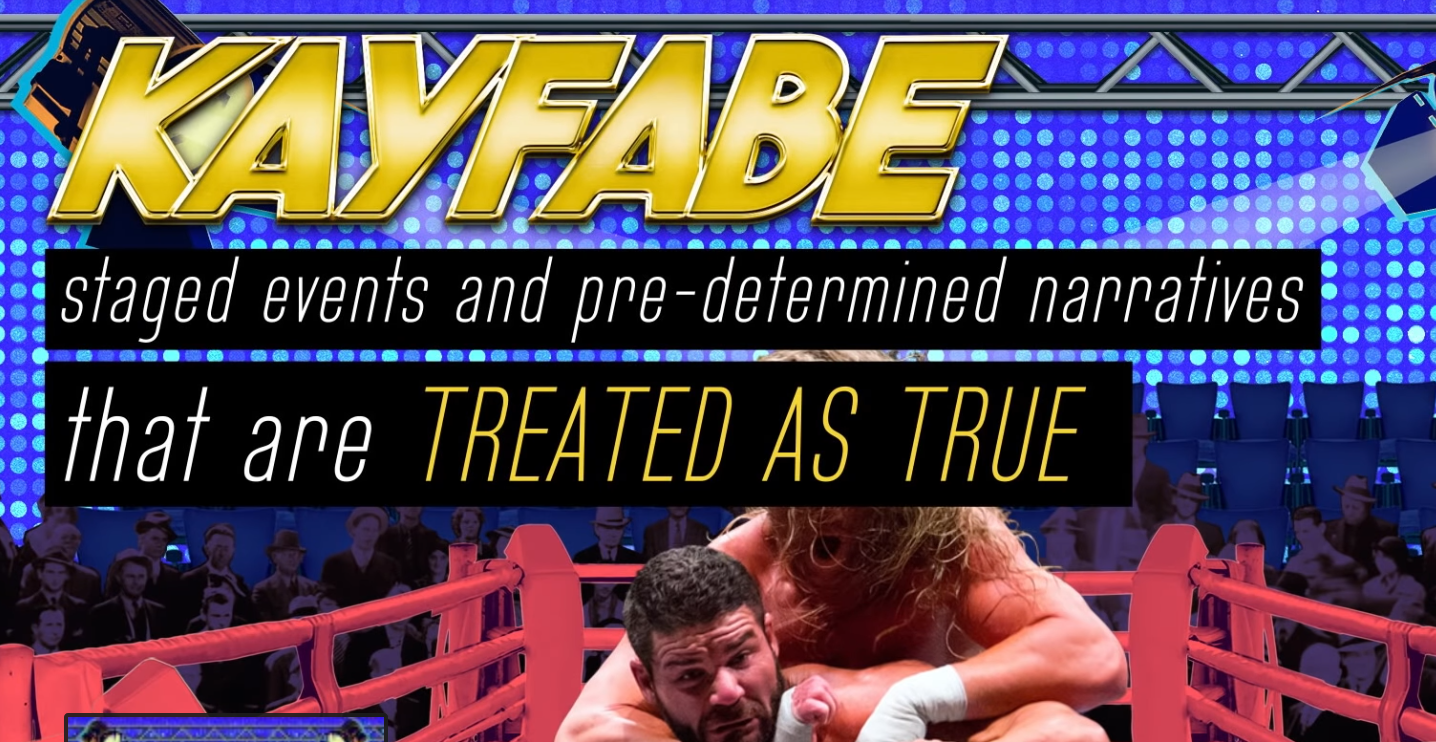
Lemonade. The movie. Being mindful of what matters.
Lemonade.The 2009 movie about layoffs may be old, but the conditions and issues it talks about are even more relevant today. And worth being mindful of.
Some of us know the experience.
HUMAN RESOURCES: “Please, sit down. As you may know the firm is seeking to adjust our overall operation costs and overhead in response to the weakening demand. This includes reducing staffing levels.
As a result, a number of positions at this facility are being eliminated and your position is one being affected. Therefore, we need to begin the process to…(favorite jargon goes here):
- Lay you off
- Right-size the organization
- Fire you
- Adjusting to shifts in demand
- Begin corporate outplacing
- Make dost improvement plans
- Reduce redundancy
- Transfer ”Non-essential” employees
- Rebalancing our human capital
- Re-engineering our work teams
- We’re terminating your position
Layoffs. “It’s not you. It’s us.”
Corporate layoffs often feel like a romantic breakup. You may have thought you were doing well together. But your partner, or in this case, the company suddenly tells you they’ve made a new choice and that choice isn’t you.
Get your things and go. It’s like being placed in a raft and pushed away, you find yourself drifting in the open sea of “opportunity.” As the shoreline that was once your job gets farther and farther from view until you can’t see it anymore, two questions emerge…
What do you do now?
What do you want to be now?
The movie Lemonade offers some insight.
This short movie, produced and written by laid-off Arnold Boston senior copywriter Erik Proulx (fired a week after talking to his boss about a raise and promotion), the movie focuses on various advertising professionals across the country and their look on their lives after being laid off during the mass industry layoffs (over 130,000) during the financial collapse of 2008.
What struck me about the movie was how each of these former creative directors, writers and designers talked about the day they we’re fired. A termination progression of “It’s not me. Oh, it is me? You want me to get out, now? Uh, ok.” One day they walked in their ad agency thinking they had one life, and in minutes, walked out looking for another.
Some of the lives covered (a.k.a. The Lemonade Cast)
Michelle Pfennighaus
After being laid off from an ad agency and a job she hated, designer Michelle became a health counselor and yoga instructor. And wishes she had done it sooner.
Steve Hall
After Steve lost his job he created Adrants, one of the most successful ad blogs in the business. I’ve enjoyed reading it throughout my career.
Kurtis Glade
Focusing on his daughter with cystic fibrosis created a documentary about surf camps in California that provide free, therapeutic surf lessons to kids. As he found that the surf air and water helped improve her breathing.
Jonathan Halitsky
After getting laid off from a media company, Jonathan volunteered to help those even less fortunate and also appeared in a Truth anti-smoking commercial done by a large agency.
Kevin Kearns
When freelance work dried up, Kevin decided to pursue his passion for painting. His work is now hanging in the Stricoff Gallery in SoHo and he sells 40-50 paintings a year.
Lemonade. A story so old, it’s new again.
Though it centers around ad folks and is over 10 years old, I think it applies to anyone today in any career who hasn’t asked themselves, “who am I, when I’m not my job?” or “is good money the same as living a life I enjoy.” “Am I giving up what makes me passionate for a paycheck and the illusion of success?”
New companies. New looks. Same human needs.
When before jumping into advertising, all the books I read warned me of both the excitement and fun of the creative business, but also the grueling lifestyle as the Faustian bargain. The long late and over-the-weekend hours. High-pressure deadlines. Last-minute “cancel your holiday plans, your family will understand.” Clients savaging your work and your ideas. And I particularly remember this quote in a book “people desperately clawing to get out.”
I read. I accepted. And I loved it. But I also realize, it’s not for everyone. Especially those who begin to see a life outside work that they want to grow and flourish.
While the days of the ad agency is receding to the rise of digital consultancies, it’s not hard to see many of the same issues in the latest incarnation of today’s digital marketing and tech firms. In the age of “hustle porn,” talented people are feeling overworked and tickled by a suspicion that, while doing something cool, they are unfulfilled. Or have a material lifestyle that chains them to stay in that job or another grueling job of the same income, no matter what. Whatever reason, they are now accepting an unbalanced life or endure stress to the point where each new Monday is a day to be dreaded.
Life balance. Or just good branding?
Netflix. The company that made news by offering “unlimited paternity leave” is the same company that wrote the famous “Netflix Manifesto” That is the platform to fire people in the company with the claim:
“We are a team, not a family. We are a pro sports team. Not a kids recreational team.”
Meaning, like a sports team, if you don’t work for the current goal and new objectives, you go and they’ll get someone who does. What you’ve done in the past for the company is irrelevant. In that context, I would imagine that a person who took the unlimited leave would quickly not contribute to the company’s current goal.
The same goes for the tech company version of unlimited vacation time. Though touted in and outside the organization, most co-workers tacitly understand that it’s not really unlimited (if they want to stay employed). Same goes with amenities like the ping-pong table in the office that you really can’t use until after work or working late in the office (also prisons have ping-pong tables, too). Amenities like it are likely less about life balance and more about pointing out the tables to clients and prospective hires as projecting coolness of the company as a brand.
A version of 2008 will come again. Time to be mindful and plot your own course.
What also strikes me is that, though not likely as bad as the recession of 2008, marketing firms who live on client budgets, will again likely cast away many talented people as cyclical recessions return causing clients to cut budgets and firms to cut staffs to match.
I’m not railing against it. It’s the nature of the business. Even when I joined my first ad agency years ago I understood this. I also understand that now there is a whole generation of workers, post great recession who’ve never experienced the effects of an economic downturn or had that life-changing conversation with human resources.
I’m just saying that before that happens. A movie like Lemonade can inspire people to take inventory of their passions and what makes them happy. Ask if that happiness comes from their current job. The hope is to make more people ready to jump into their next, best life, before they are pushed. Life is too short to wait to be the best you.
To learn more about the movie Lemonade, visit the official site. http://www.lemonademovie.com/
Hey, I wrote a book about being mindful in the new age of content.
Does This News Make You Look Fat? A book about media consumption and how the way we consume it makes us intellectually obese. Preview or buy the ebook at Amazon.































